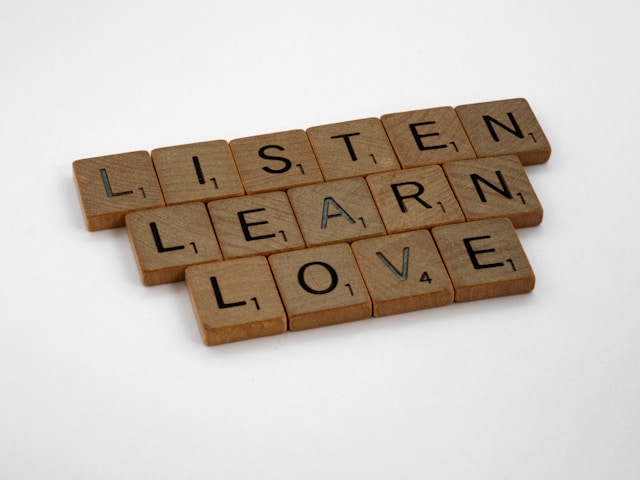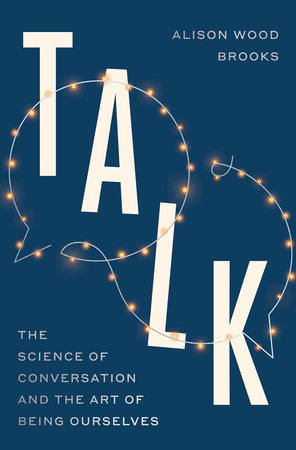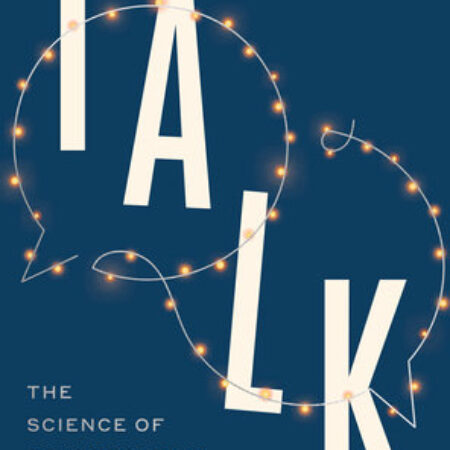After three days they found him in the temple, sitting among the teachers, listening to them and asking them questions.
Luke 2:46 (NRSV)

Last week’s sermon was all about loving our enemies…and having hard conversations
If you were there, thanks for listening! If you weren’t there, I offered up a few tools for folks to use to find better understanding. Different people come from different backgrounds, with different senses of what’s most important. But here we all are, sharing our world. How to get along?
I would say conversation would be a good place to start, but I hope I’m not too late. Many have already given up on talking to anyone from “the other side.” And of course, there are some people, as they say, “that there’s just not talking to.”
But assuming they aren’t THAT far gone, how do we manage?
Well, start by putting your ears to work. Listening is the key, but if we both sit and listen, there won’t be anything to hear. So how do we generate listening material?
By ASKING QUESTIONS. In a recent episode of the podcast Hidden Brain, host Shankar Vedantam was chatting with Harvard behavioral scientist Alison Wood Brooks. Brooks makes it clear that when we’re in a one-sided conversation, it’s often because one or the other of the speakers is not asking questions. Talking is give and take, and when only one person is talking (as we often are when we’re excited or passionate about something) they’re actually doing all the taking. Taking the time, the focus, everything!
Asking questions of folks we disagree with helps us get to the reasons behind their stances
Another helpful hint from Brooks is about how we categorize our responses to what we’re hearing. Don’t automatically label your feelings “angry” or “resentful.” Try “excited.” Or even “passionate.” We are, in part, our feelings (and hopefully our thoughts and our values, too). By noting that you get excited about certain topics, you can recognize that you really care about them and hopefully have more productive discussions.
If you’d like to go deeper on this topic, you can read Brooks’s book, Talk: The Science of Conversation and the Art of Being Ourselves.



0 Comments